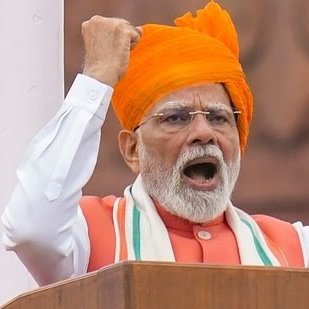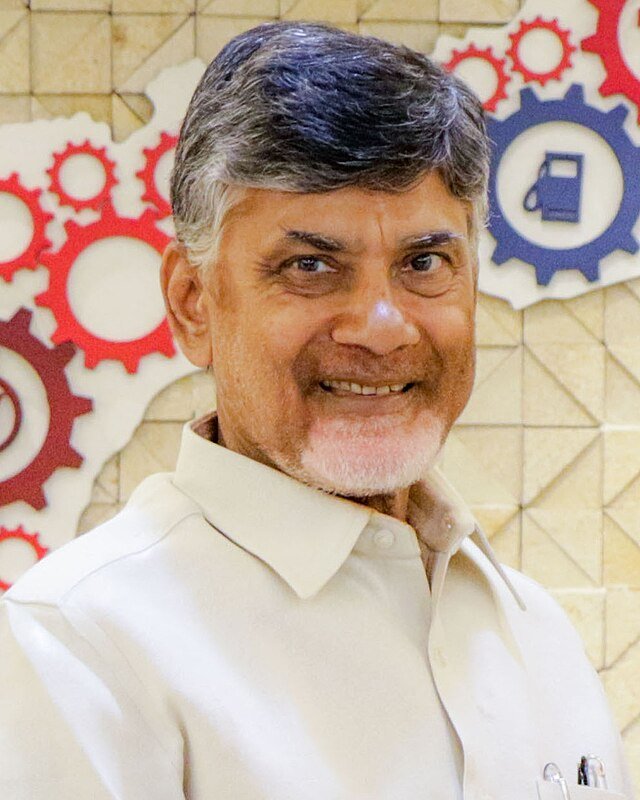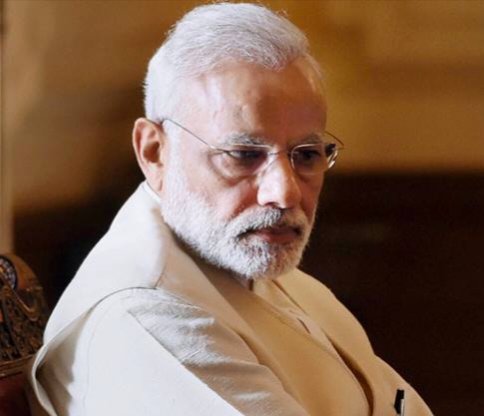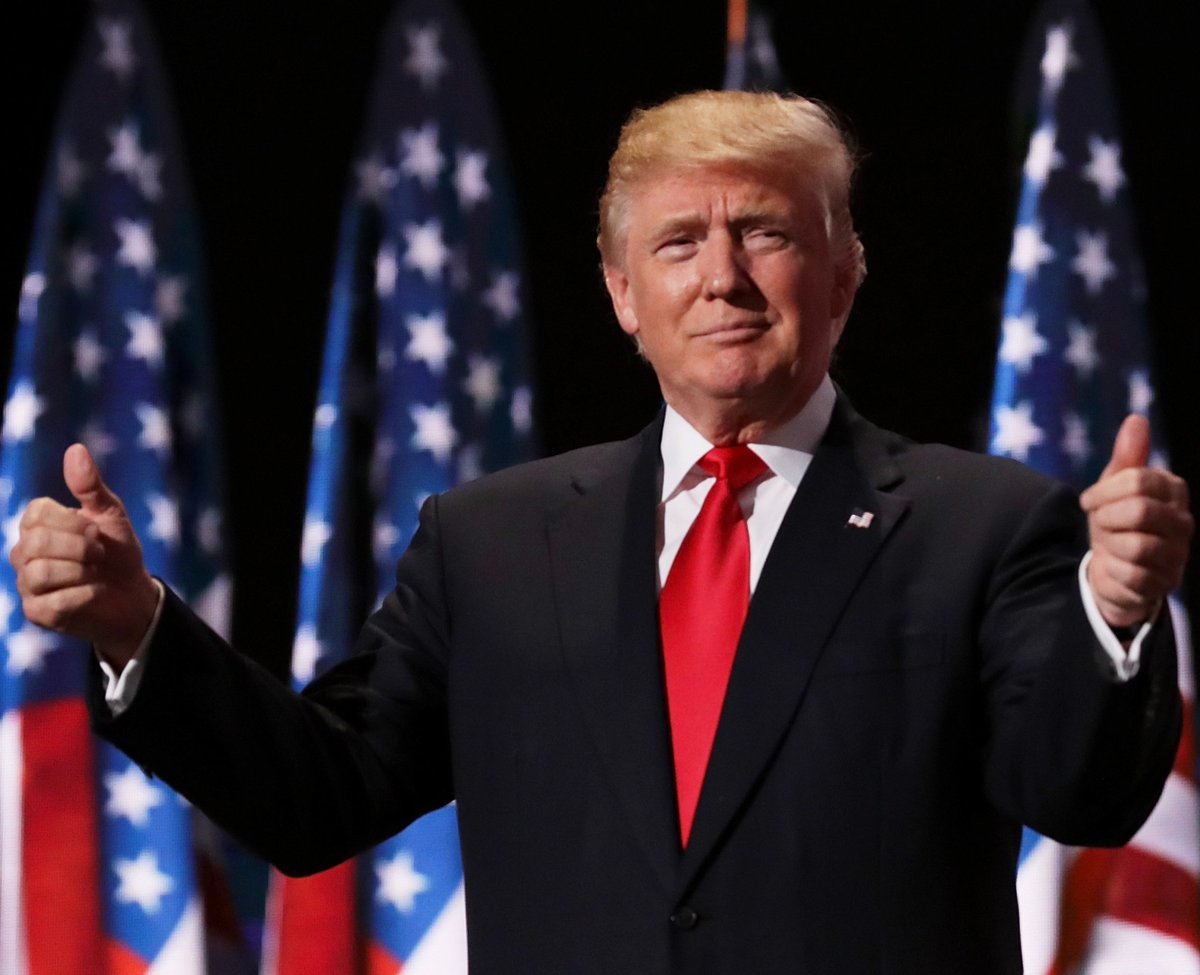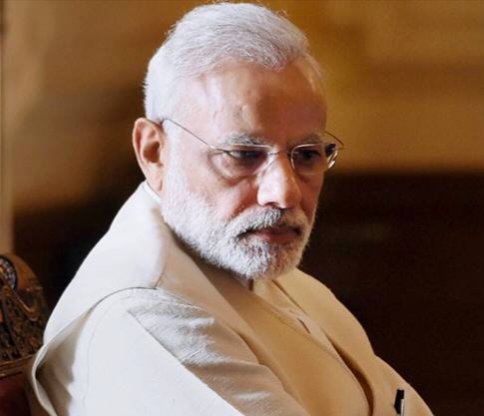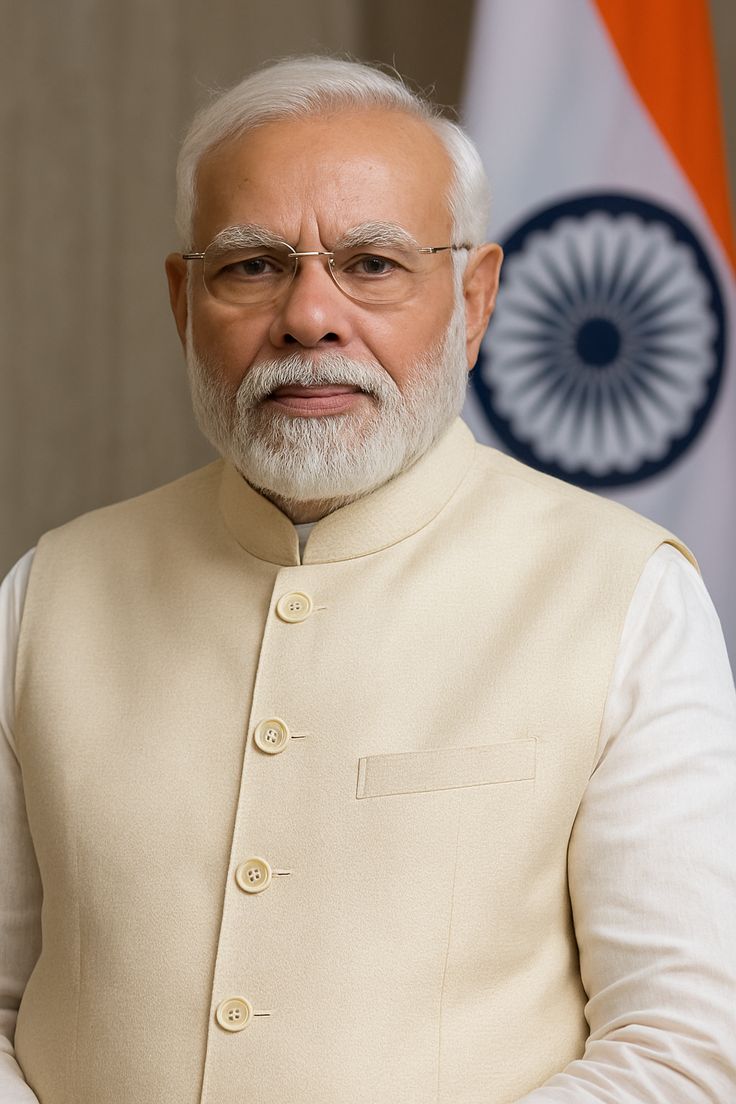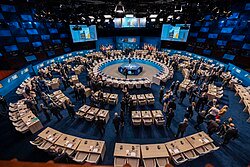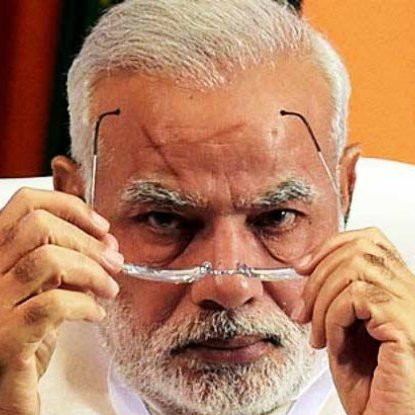From regional conflict to civilizational clash: How U.S. sanctions threaten to Rrshape the Global Order.
.
.
.
.
.
.
.
.
.
.
.
.
.
.
Read the entire post post to know it in detail
.
.
.
.
.
.
.
.
.
.
.
.
.
.
Read the entire post post to know it in detail
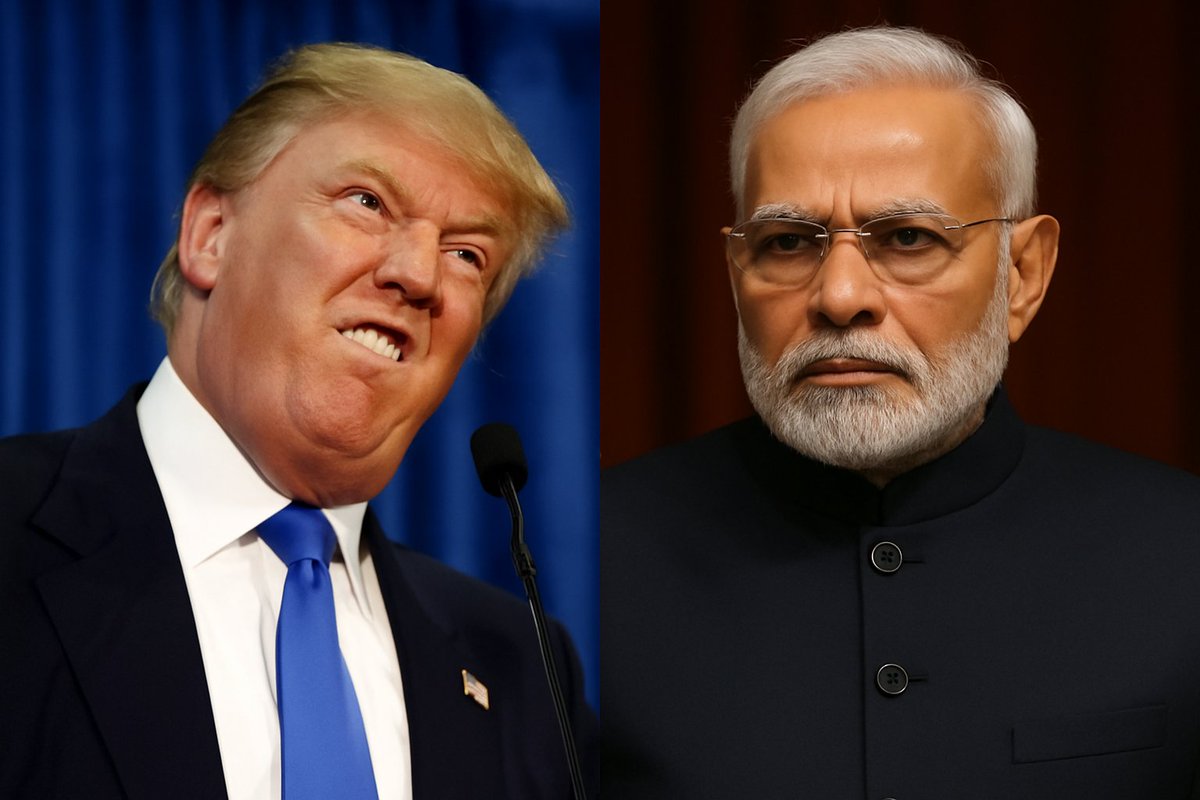
The Russia–Ukraine war is no longer a regional conflict. It has morphed into what can only be described as a clash of civilizations — with the Western world on one side and the Global South on the other. And in this dangerous polarization, the United States appears determined to drag India into its camp, whether India wants to be there or not.
The latest flashpoint comes from the U.S. Treasury Secretary, who has openly threatened to intensify “secondary tariffs” on India for continuing to buy Russian oil. Not content with unilateral pressure, Washington is now urging the European Union to join the campaign and impose similar measures — a coordinated economic offensive aimed at forcing India into submission.
But here’s the reality Washington refuses to acknowledge: India’s economy is remarkably insulated from such punitive trade moves. According to a recent SAP projection, India will grow at 6.5% this year — the same as last year — even if the U.S. imposes tariffs of 50% or more. With only about 2% of India’s GDP linked to exports to the U.S., the impact of such measures would be minimal. Many of India’s key exports — from petroleum products to pharmaceuticals — are goods the U.S. cannot afford to block.
The U.S. motivation, however, has little to do with oil. Secondary sanctions are a tool — a pretext — to pry open India’s markets for American agribusiness, genetically modified foods, and industrial dairy giants. By tightening the screws economically, Washington hopes to force India into giving up its strategic autonomy and aligning with U.S. geopolitical objectives.
But this is a dangerous gamble. The Biden–Trump policy continuum of “You’re either with us or against us” risks alienating not just India but also other strategically independent powers like China and Brazil. By lumping them into the “Russia-aligned” category simply because they refuse to take sides, the U.S. is accelerating the formation of an anti-West coalition — with BRICS as its nucleus.
If the EU joins Washington’s sanctions push, the war could openly transform into a BRICS vs. NATO confrontation. This would lock the world into two rival economic and financial blocs, forcing the Global South to trade in local currencies and bypass the U.S. dollar. Such a shift would dramatically accelerate de-dollarization — a process that might have taken 20–30 years could now unfold within just a few.
The consequences for the U.S. would be profound. A diminished dollar would undermine America’s ability to finance its $38–39 trillion debt simply by printing currency and selling government bonds abroad. If the Global South stops buying U.S. debt for fear it could be frozen, Washington will struggle to roll over its obligations. The “debt bubble” could burst, triggering a crisis far greater than any America has faced in modern times.
This is the high-stakes game now being played. If these threats are mere bluffs ahead of the Alaska Summit, the damage may be limited. But if Washington “walks the talk,” it risks pushing much of the world into a rival system that excludes the West entirely. And when 70% of the global population operates outside your economic order, it’s not them who are isolated — it’s you.
The U.S. may believe it is disciplining India. In reality, it may be hastening the demise of the very system that sustains its global dominance. In a clash of civilizations, misjudging the other side’s resilience is not just a mistake — it can be the beginning of the end.
• • •
Missing some Tweet in this thread? You can try to
force a refresh





